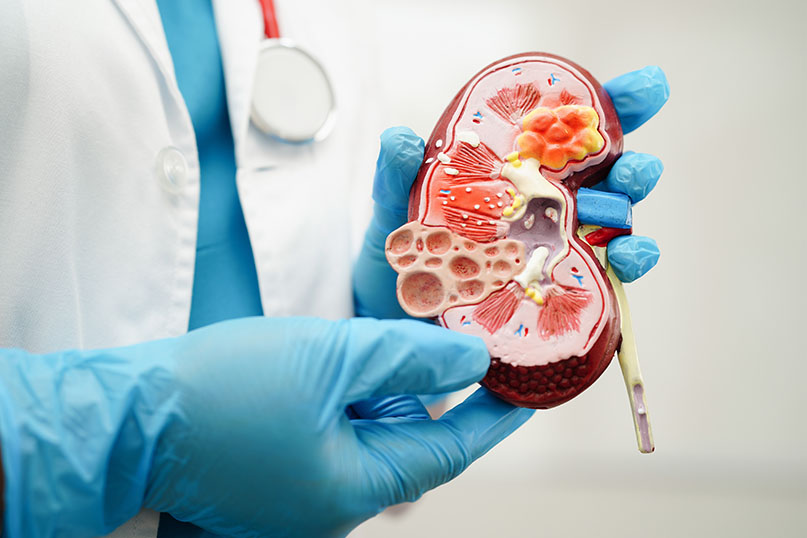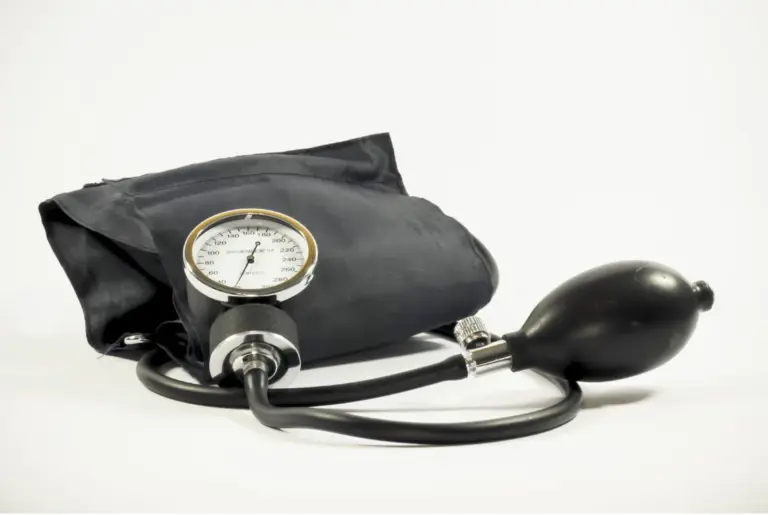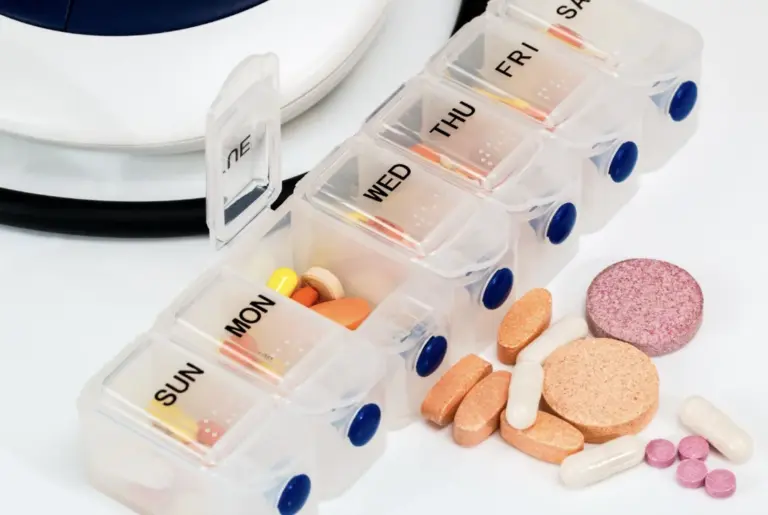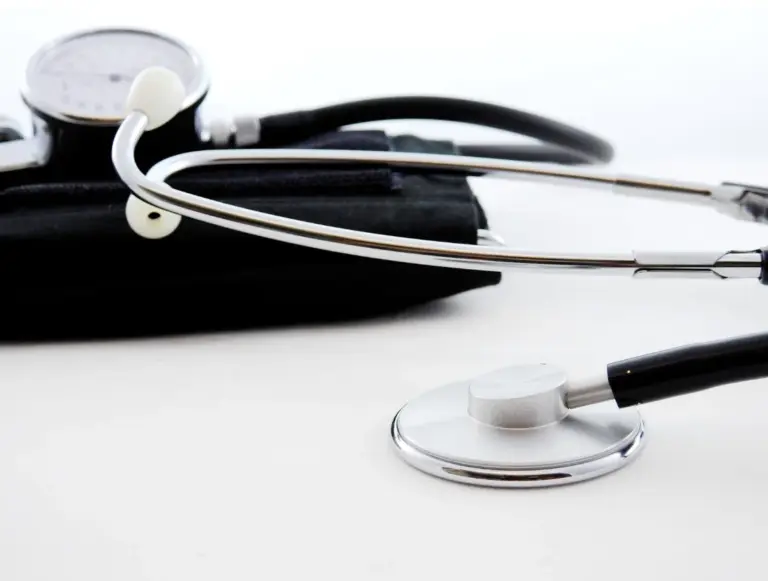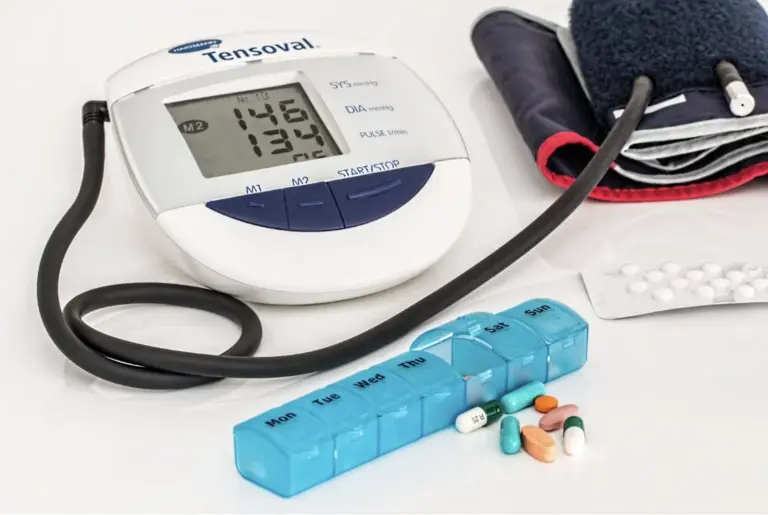Hypertension and organ damage are deeply connected. High blood pressure puts a constant strain on vital organs like the heart, brain, kidneys, and eyes. Over time, this strain leads to serious complications. Hypertension is often called the “silent killer” because it damages the body without noticeable symptoms. Managing blood pressure is essential to avoid long-term damage and maintain overall health. Taking control early helps prevent severe outcomes and protects the body’s vital functions.
How Hypertension Damages Organs?
High blood pressure affects several vital organs over time, leading to serious health problems. When blood pressure remains elevated, it forces organs like the heart, brain, kidneys, eyes, and arteries to work harder than normal. According to Genepowerx, this excessive strain on high blood pressure organs affected gradually damages them, making them more vulnerable to diseases. Understanding how hypertension harms each organ can help in recognising symptoms early and taking preventive measures.
Heart
Hypertension puts a lot of stress on the heart. Over time, the heart has to pump harder to circulate blood against the increased pressure in the arteries. This can lead to thickening of the heart muscles and eventually cause heart disease. The risk of heart attacks, heart failure, and arrhythmias also increases. Hypertension is also a leading cause of heart-related deaths. Regular monitoring and timely treatment are essential to reduce the risk of heart damage.
Brain
Hypertension greatly affects the brain’s blood vessels. Constant high pressure can weaken or burst the vessels, leading to strokes. It also reduces blood flow to the brain, causing damage to the brain’s cells over time. Cognitive decline, memory loss, and even dementia can occur as a result of untreated high blood pressure. Since the brain is highly sensitive to changes in blood pressure, managing hypertension is key to maintaining proper brain function and reducing the risk of stroke.
Kidneys
Kidneys rely on healthy blood vessels to filter waste from the blood. When blood pressure is high, it damages the small blood vessels in the kidneys. This reduces their ability to function properly and can lead to kidney disease or even kidney failure. Hypertension is one of the main causes of chronic kidney disease. Early diagnosis and control of high blood pressure can help protect kidney function and prevent long-term damage.
Eyes
The small blood vessels in the eyes are extremely sensitive to changes in blood pressure. Persistent hypertension can cause these vessels to burst or become blocked, leading to vision problems or even blindness. This condition, known as hypertensive retinopathy, develops gradually and can worsen if blood pressure remains uncontrolled. Regular eye check-ups and controlling blood pressure are critical for maintaining eye health and avoiding vision loss.
Arteries
Hypertension significantly damages arteries. The increased pressure causes them to stiffen and narrow, which makes it difficult for blood to flow through. Over time, this leads to a condition known as atherosclerosis, where fatty deposits build up in the arteries. These blockages can restrict blood flow to the heart, brain, and other organs, causing serious complications. Managing blood pressure is crucial to keeping arteries healthy and preventing issues like heart attacks and strokes.
Early Signs of Hypertension-Related Organ Damage
As per the Mayo Clinic, hypertension often develops silently, but it leaves noticeable signs when organs start suffering. Common early symptoms include chest pain or discomfort, frequent headaches, dizziness, and shortness of breath. Fatigue and blurred vision are also warning signs that the eyes, heart, or brain may be affected. Kidney issues often show up as swelling in the hands or feet. Spotting these signs early can help prevent further damage and reduce the risk of severe complications.
Reversing the Damage: Is It Possible?
End organ damage hypertension can be managed, but full reversal may not always be possible. According to the National Library of Medicine, early detection is key. When caught in the initial stages, lifestyle changes like a healthy diet, regular exercise, and proper medication can stop further harm. In some cases, the damage to organs like the heart, kidneys, and eyes can improve with treatment, but severe damage is harder to reverse. Regular monitoring and medical guidance are essential for managing the condition. While complete healing might be difficult, controlling hypertension can prevent further complications and improve overall health.
Practical Steps to Prevent Hypertension-Induced Organ Damage
Preventing damage from hypertension starts with managing blood pressure. Regular exercise, such as walking or cycling, helps lower pressure. A balanced diet rich in fruits, vegetables, and low-fat options is crucial. Reducing salt intake can also make a big difference. It’s important to avoid smoking and limit alcohol consumption. Managing stress through meditation or breathing exercises can help control hypertension. Medications prescribed by a doctor must be taken as directed. Routine check-ups are essential to monitor blood pressure and prevent organ damage before it becomes severe.
Conclusion
Hypertension and organ damage are closely linked, but proactive management can reduce the risks. By controlling blood pressure through lifestyle changes and proper treatment, severe damage can be prevented. Regular check-ups and early action are crucial to protecting vital organs and maintaining long-term health. Stay committed to managing hypertension for a healthier future.
Disclaimer
The information contained in this article is to educate, spread awareness in relation to hypertension and other diseases to the public at large. The contents of this article are created and developed by BPinControl.in through its authors, which has necessary, authorisations, license, approvals, permits etc to allow usage of this articles on The Website. The views and opinions expressed in this article are views, opinions of the respective authors and are independently endorsed by doctors. Although great care has been taken in compiling and checking the information in this article, The Website shall not be responsible, or in any way liable for any errors, omissions or inaccuracies in this article whether arising from negligence or otherwise, or for any consequences arising therefrom. The content of this article is not a substitute for any medical advice. The Website shall not be held responsible or liable for any consequence arising out of reliance on the information provided in the article.
